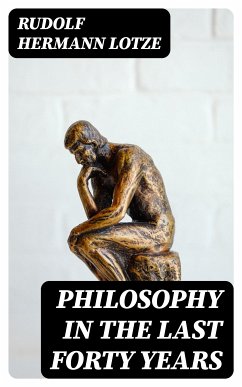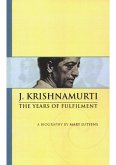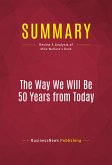In "Philosophy in the Last Forty Years," Rudolf Hermann Lotze delivers a comprehensive analysis of the philosophical movements that emerged in the 19th century, with particular emphasis on the evolution of metaphysics, epistemology, and ethics. Employing a rigorous yet accessible literary style, Lotze intertwines detailed philosophical discourse with his reflections on the implications of these ideas in the contemporary intellectual landscape. His contextualization of the prevailing philosophical trends offers readers a vital understanding of how past ideas shape present thought, while also grappling with the tensions between empiricism and idealism that characterized the era. Lotze, a significant figure in German philosophy and a bridge between Kantian and post-Kantian thought, draws from a deep well of scholarly expertise and personal conviction. His background in natural sciences and theology led him to approach philosophy with a holistic perspective, advocating for the integration of philosophical inquiry with empirical observation. This book reflects his passionate advocacy for philosophy as essential to the broader understanding of knowledge and reality, and provides insight into his struggle to reconcile scientific rigor with metaphysical speculation. Readers with an interest in the development of modern philosophy or the philosophical heritage of the 19th century will find Lotze's work indispensable. His nuanced examination not only enriches our understanding of historical philosophical debates but also invites contemporary thinkers to reflect on the enduring relevance of these discussions. "Philosophy in the Last Forty Years" is a crucial read for anyone eager to engage with the complexities of thought that continue to influence current academic and philosophical paradigms.
Dieser Download kann aus rechtlichen Gründen nur mit Rechnungsadresse in A, B, BG, CY, CZ, D, DK, EW, E, FIN, F, GR, H, IRL, I, LT, L, LR, M, NL, PL, P, R, S, SLO, SK ausgeliefert werden.









